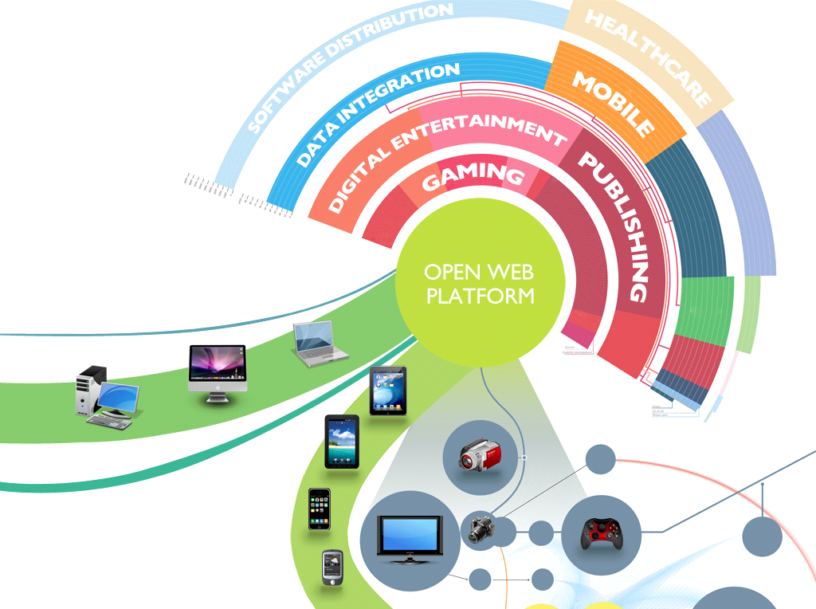Imagine the internet as a giant playground. Now, picture certain areas fenced off, requiring special passes to enter. That’s kind of what the web is turning into – with some platforms restricting access and functionality. But fear not, fellow explorer! There’s a whole world out there called the Open Web, and it’s where the true fun lies.
So, what exactly is this Open Web? Let’s break it down. The Open Web refers to the freely accessible part of the internet, built on open standards and protocols. Think of it like a public park, open to everyone and unrestricted. You can access any website, use any browser, and connect to anyone else on the web – all without limitations.
Here’s a real-world example: Social media platforms are often like walled gardens. You can post and connect within the platform, but sharing that content outside or connecting with someone who isn’t a member can be difficult. On the Open Web, however, you can create your own blog, entirely independent, and share links freely across different platforms.
The Open Web offers a treasure trove of benefits:
- Freedom and Flexibility: You’re not beholden to the rules of any one platform. You can customize your experience, use whichever tools you prefer, and explore every corner of the web.
- Innovation and Competition: An open environment breeds creativity! Independent developers can create new tools and services that aren’t restricted by a single platform’s limitations. This fosters a healthy competition that benefits everyone.
- Diversity of Information: The Open Web isn’t curated by a single entity. You have access to a wider range of viewpoints and information sources, helping you form your own informed opinions.
Let’s address a common concern – isn’t the Open Web messy and unorganized? Well, it can be at times, but that’s part of its charm! Search engines like DuckDuckGo help you navigate the vastness, and the open community spirit often leads to collaborative efforts to organize information.
The Open Web might seem a little less user-friendly than some closed platforms, but the trade-off is immense. You have more control, more freedom, and access to a richer, more authentic online experience. So, the next time you browse the web, venture beyond the walled gardens and explore the wonders of the Open Web. You might just discover your new favorite online playground!
Here are few frequently asked questions on OpenWeb:
What is OpenWeb?
OpenWeb is a company and platform focused on fostering healthy online conversations and communities. It provides tools and technologies to publishers and websites to improve the quality of discussions and interactions among users. Formerly known as Spot.IM, OpenWeb aims to create a better internet by enabling more civil, respectful, and constructive conversations.
What is OpenWeb Used For?
OpenWeb is used for several purposes aimed at enhancing online community engagement and discussion quality:
- Commenting Systems: OpenWeb provides advanced commenting systems that can be integrated into websites, allowing users to engage in discussions and share their opinions in a more structured and moderated environment.
- Community Management: Tools for community managers and moderators to oversee discussions, enforce community guidelines, and ensure a respectful and productive dialogue.
- Content Moderation: AI-driven content moderation to automatically detect and filter out toxic or inappropriate comments, enhancing the quality of conversations.
- User Engagement: Features designed to increase user engagement, such as upvoting, downvoting, and highlighting valuable contributions.
- Analytics and Insights: Comprehensive analytics to track user interactions, understand audience behavior, and measure the impact of community engagement efforts.
- Customization: Flexible and customizable solutions that allow publishers to tailor the conversation tools to fit their brand and community needs.
- Advertising and Monetization: Options for integrating advertising and monetization strategies within the community features, helping publishers generate revenue while maintaining user engagement.




Leave a Reply